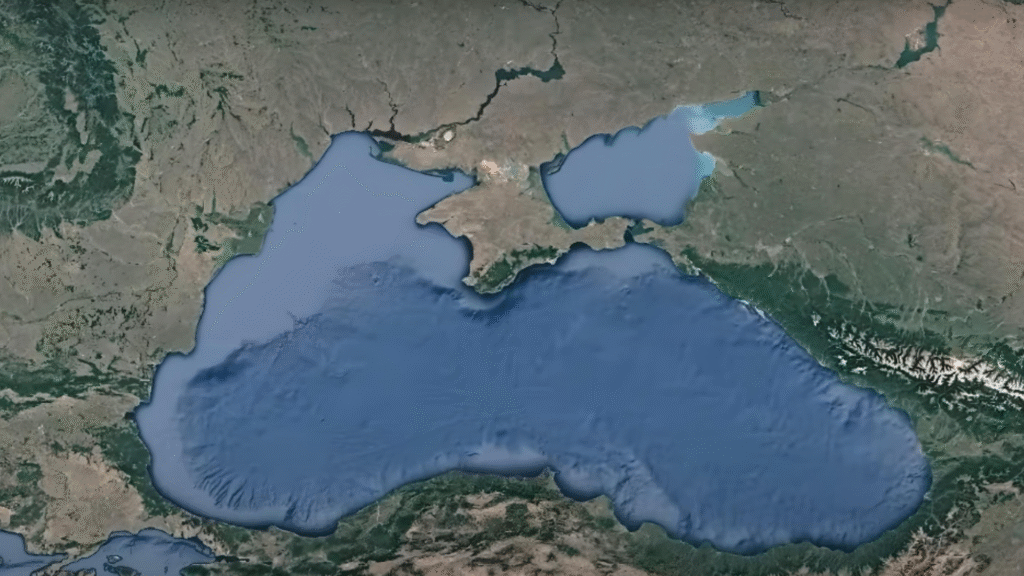The European Union has unveiled a bold new strategy for the Black Sea region, signaling a transformative shift in its approach to Eastern Europe and the broader geopolitical landscape. The initiative, announced by the European Commission, prioritizes economic growth, infrastructure modernization, energy diversification, and regional security, with a clear message: the future of the Black Sea will be shaped without Russia’s involvement.
The Black Sea is described as a “vital geostrategic hub,” linking Europe with the South Caucasus, the Middle East, and Central Asia. The EU’s vision emphasizes sustainable development, upgraded logistics, and digital transformation to unlock the region’s potential. This marks a departure from historical dependencies, positioning the EU as a central player in redefining the region’s economic and political architecture.
The strategy includes significant investments in infrastructure, from modernizing ports and highways to establishing digital corridors for goods, energy, and data. Countries like Ukraine, Moldova, Georgia, and Armenia stand to benefit from direct access to EU development programs, fostering closer integration with European markets and standards.
For European businesses, this opens new markets, streamlines trade routes, and reduces logistical costs. For regional governments, it offers a path toward EU alignment, with opportunities to modernize economies and strengthen governance.
A cornerstone of the initiative is energy diversification, aligning with the EU’s goal of reducing reliance on Russian hydrocarbons and achieving climate neutrality. Projects include new cross-border electricity grids, LNG terminals, and hydrogen corridors. These efforts aim to bolster energy security while advancing the region’s green transition.
While avoiding overt military rhetoric, the strategy subtly addresses defense logistics, ensuring the region is prepared for crises. This includes facilitating rapid humanitarian aid or military resource deployment if needed. “We’re not building fortresses; we’re building bridges—but those bridges must be secure,” said EU foreign policy chief Kaja Kallas, reflecting concerns about instability on Europe’s eastern flank amid the ongoing war in Ukraine.
Notably, Russia is absent from the strategy’s framework—a deliberate choice that underscores the EU’s shift toward a more independent regional policy. Analysts from the European Council on Foreign Relations (ECFR) describe this as a pragmatic move, focusing on partners committed to European values while keeping the door open for dialogue without dependence.
The approach has sparked debate. Some warn that sidelining Moscow could complicate diplomacy and heighten tensions, particularly where NATO and EU interests intersect with those of Russia or Turkey. Others argue that reimagining Black Sea stability requires moving beyond outdated security models.
For the EU, this strategy is more than an alternative—it’s a blueprint for the future. “In an increasingly unpredictable world, the EU’s pragmatic and forward-looking approach may prove to be the only viable path,” noted a Berlin-based analyst. By fostering resilience, connectivity, and prosperity, the EU aims to redefine the Black Sea as a region of opportunity, not conflict.
As the EU charts this new course, the Black Sea region stands at a pivotal moment—one where strategic vision, economic ambition, and regional cooperation could reshape its role in the global order.



